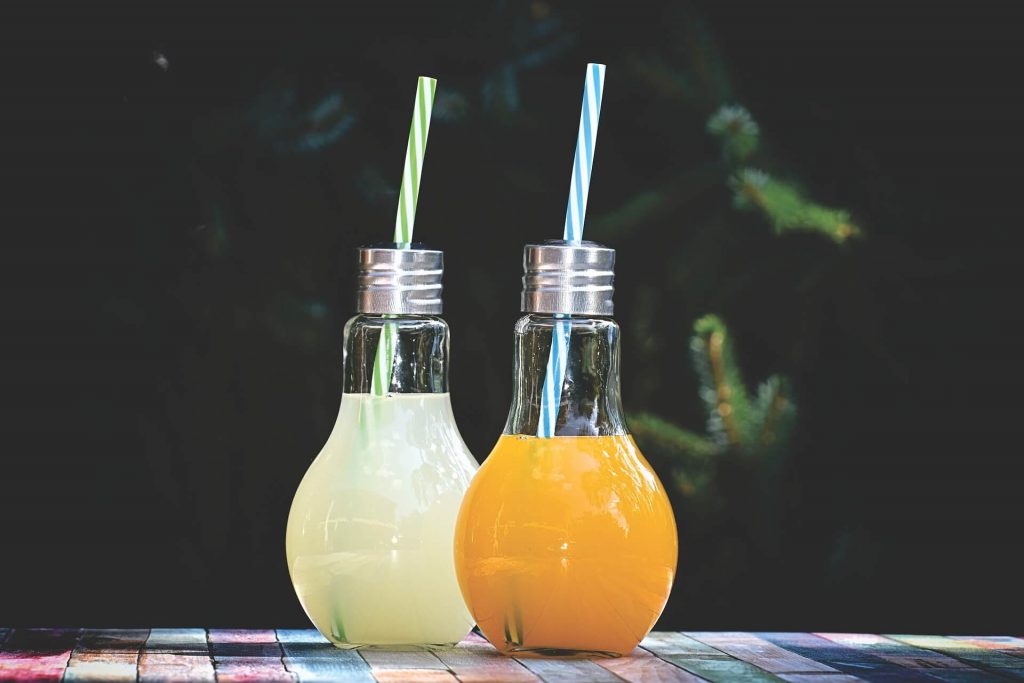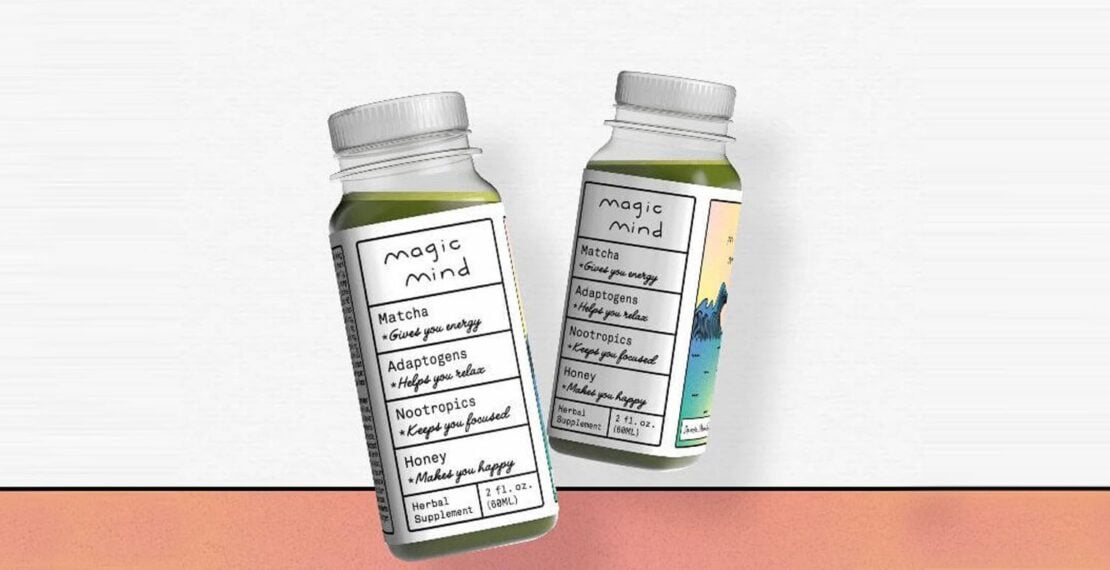This post is sponsored by Magic Mind, an official partner of Third Wave.
Life is going well. I live in Miami, I’m relatively healthy, and I founded Third Wave with a pro-social mission I believe in: to help safely integrate psychedelics into society for personal and cultural transformation.
Still, some days, I wake up a little groggy and have to drag myself out of bed, squinting at my long to-do list of spreadsheets, meetings, Slack chats, invoices, and on and on.
It’s a common problem. Millions of us feel exhausted, with 69% of working people showing up on the job fatigued. Meanwhile, older folks worry about dementia. And the constant, crazy news headlines tire us out all the more.
We need help.
For added energy, in the past, I have microdosed. I find microdosing really helps, but you don’t do it every day. So, like half of Americans, I have leaned on coffee. In moderation, coffee can be healthy, but there are downsides. A cortado or a cappuccino, filled with milk, isn’t necessarily the healthiest choice. Plus, while coffee dulls my tiredness, the jitters can leave you frazzled.
We may be coffee-guzzling our way into fluttering hearts
That’s what happened to James Beshara, a Forbes 30 Under 30 and founder of a company bought by AirBnB. He was working 15-hour days running a 50 person company and mainlining coffee. One day, his heart beat arrythmically, a not-uncommon and unnerving side effect of too much coffee. His doctor suggested green tea, which is packed with l-theanine and can “give you calmness while keeping you alert,” his doctor said. (Science agrees. L-theanine “seems to improve a person’s ability to switch attention between different tasks,” according to WebMD, and “might help healthy people stay focused on a task over long periods.”) All without affecting the heart.
James became fascinated by all the alternatives to caffeine for energy, productivity, and focus. He fell in love with ceremonial-grade matcha, a green tea shrub that is Japan’s exquisite answer to the finest Colombian coffee. He wrote a book on the science of caffeine alternatives. And he set out to solve his own energy needs with a new drink.
After years of tinkering, Beshara created Magic Mind, a natural “productivity drink,” with adaptogens and nootropics scientifically shown to improve energy, focus, memory, immunity, sleep, and mood, while decreasing stress and inflammation.
Magic Mind is a brew of plants, fungus, and animal products. Some are ancient remedies celebrated in Eastern and Western medicine, and some are recently discovered marvels. Bacopa monnieri is a bush with a white flower that is a staple in traditional Ayurvedic medicine, used for improving memory, reducing anxiety, and treating epilepsy. Science loves it too, as a double-blind placebo-controlled study in 2008 found evidence the plant had “potential for safely enhancing cognitive performance” after it was shown to help folks recall words.
For its part, phosphatidylserine is a component of animal cell membranes, and a study showed it improves scores on a memory test. Lion’s mane is a wispy white mushroom long used in Asian medicine. It has two compounds—hericenones and erinacines—found by a scientific paper to stimulate the growth of brain cells. Research suggests lion’s mane might help digestion, the nervous system, and heart disease.

A powerful way to start the day
I had heard Magic Mind was popular among Silicon Valley types. And while I had tried it, I hadn’t given it a full chance. Many of its beneficial effects are cumulative. So this summer, I started a new routine of drinking a shot of Magic Mind every single morning when I wake up (yes, usually groggy). After five to seven days of taking it consistently every day without exception, it really started to affect me. Nowadays, by the time I’m out of the shower, I’m starting to come online with more alertness and energy. And then I can drop into meditation very easily. By the time I’m out of my meditation, I feel focused and energized.
In fact, I haven’t found a better, easier to use, more effective tool for attaining consistently high levels of mental acuity, clarity, and energy. I’ve found it easier to access states of flow. I have been drinking less coffee. I find Magic Mind an incredible way to start the day and have sustained energy—especially mental energy—throughout the day.
I’ve recommended Magic Mind to several friends, and everyone who uses it consistently says a very similar thing: “Wow, that’s very powerful.” Many are finding, as I did, that it works well when you take it every morning, rather than sporadically.
I’m not alone. Reviewers on the company website consistently say their memory and focus improved, and many stopped drinking coffee, losing those coffee jitters, without sacrificing energy. Twitch co-founder Justin Kan says he drinks Magic Mind daily. Forbes called Magic Mind “Silicon Valley’s New Morning Elixir”. All the positive press has boosted sales and helped Beshara bring his company to profitability very quickly.
The only downside I’ve found is that the taste is appallingly bitter. Yes, this medicine is tough to take. Then again, sometimes a bitter taste marks a strong medicine: most psychedelics taste bitter, including ayahuasca, which I’ve drunk even though that tastes wretched, too. For Magic Mind’s boost, I’ve learned to deal with the yuck: since it’s just a small shot, I toss it back quickly, fill the bottle with water, shake it up to get all the rest out, and slam it.
Along with exercise, diet, sleep, and meditation, Magic Mind is one answer to my quest for calm, focused energy that helps me shake off morning woozies and tackle my mission in life: to help myself so I can help those around me.
If you’d like to give Magic Mind a try, Third Wave has arranged for a 10% discount for our community. Just use the code ‘ThirdWave’.






